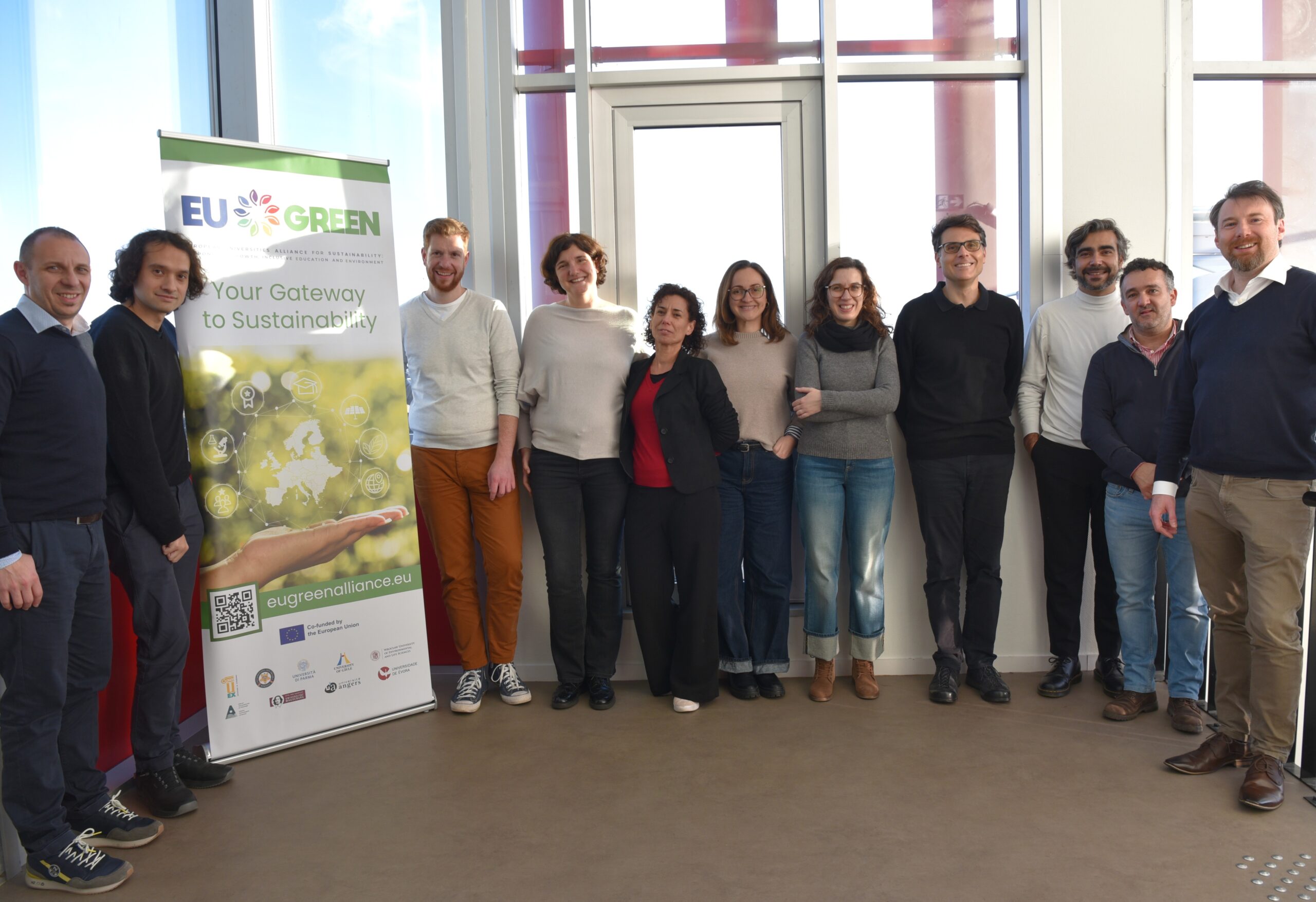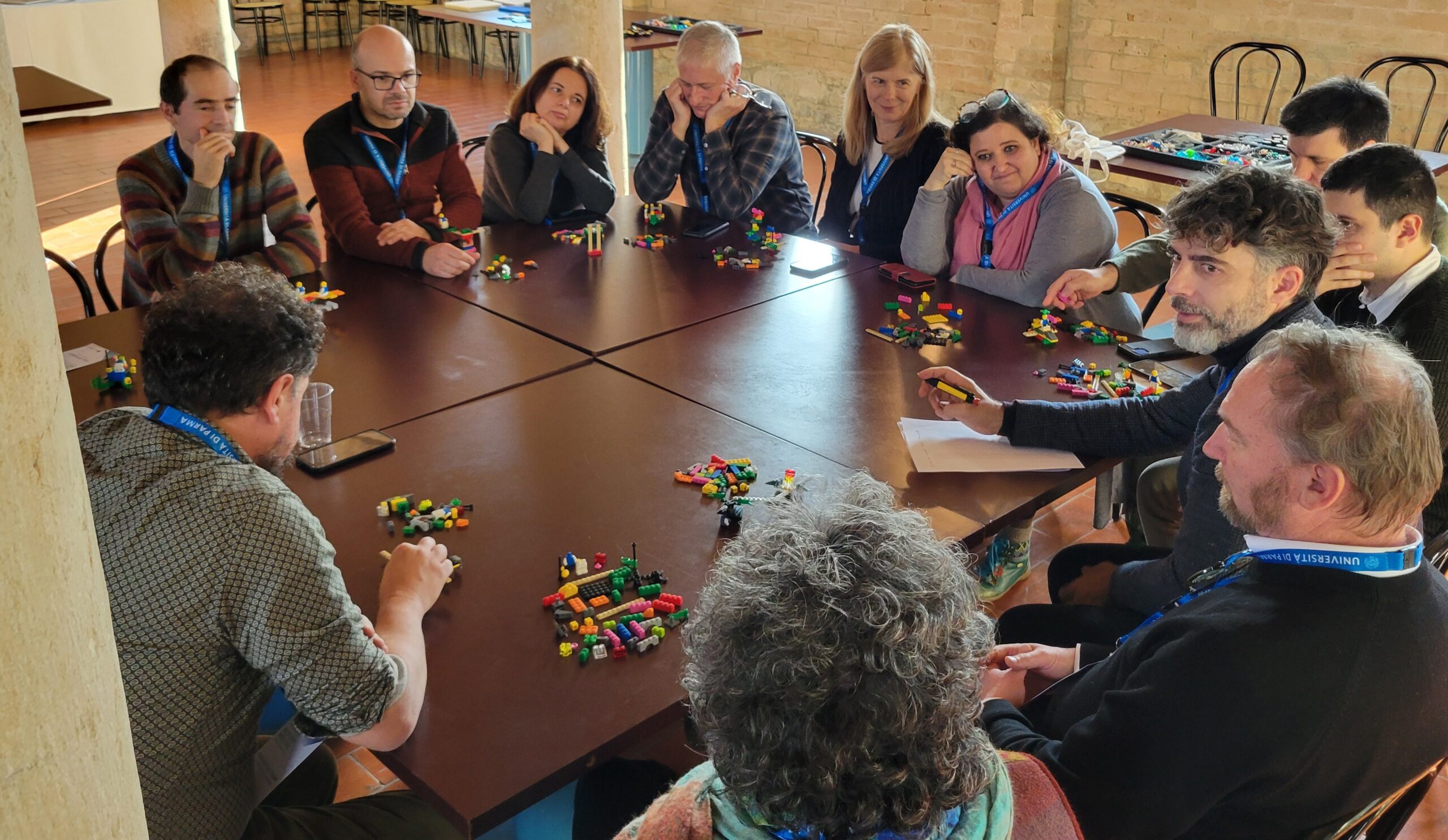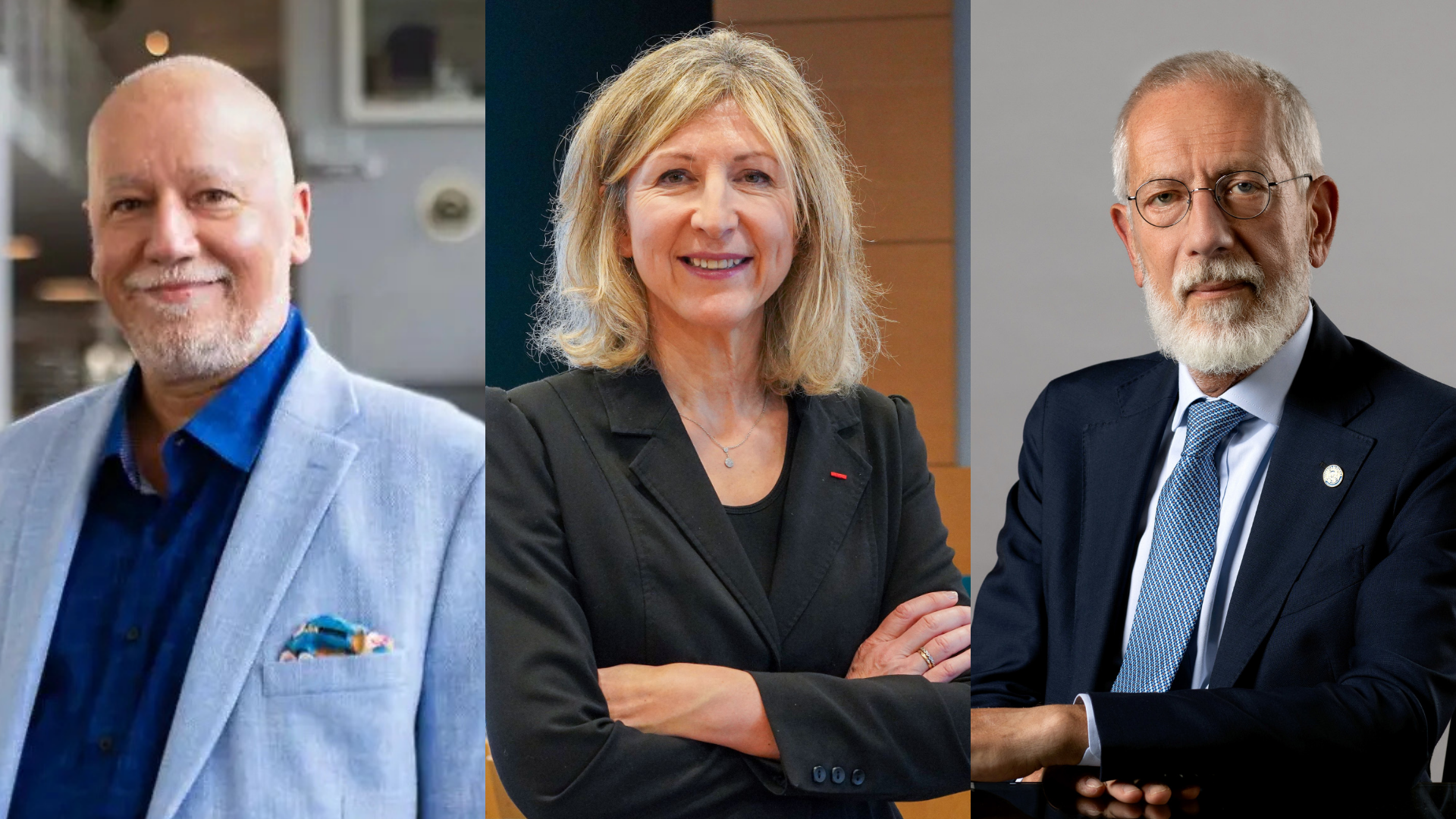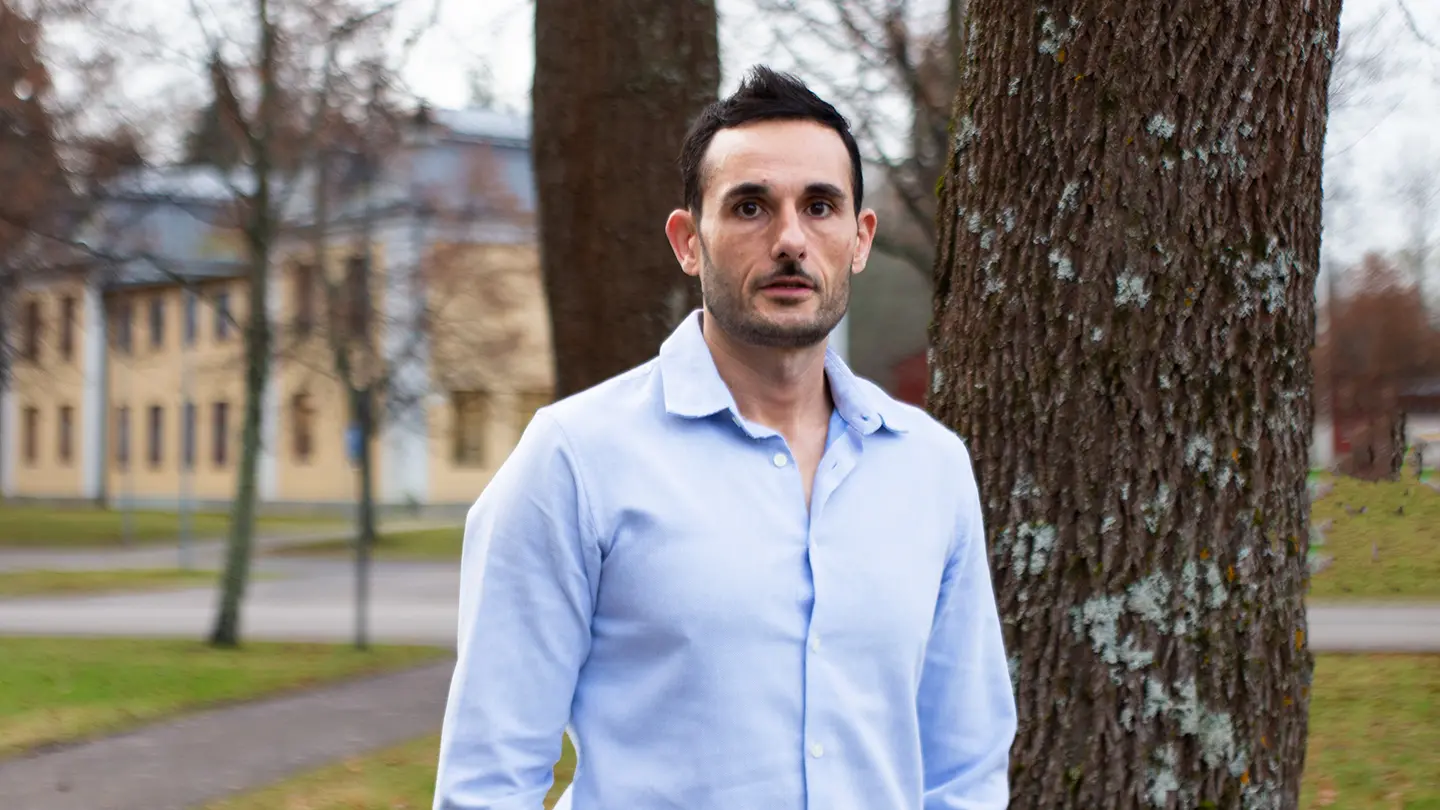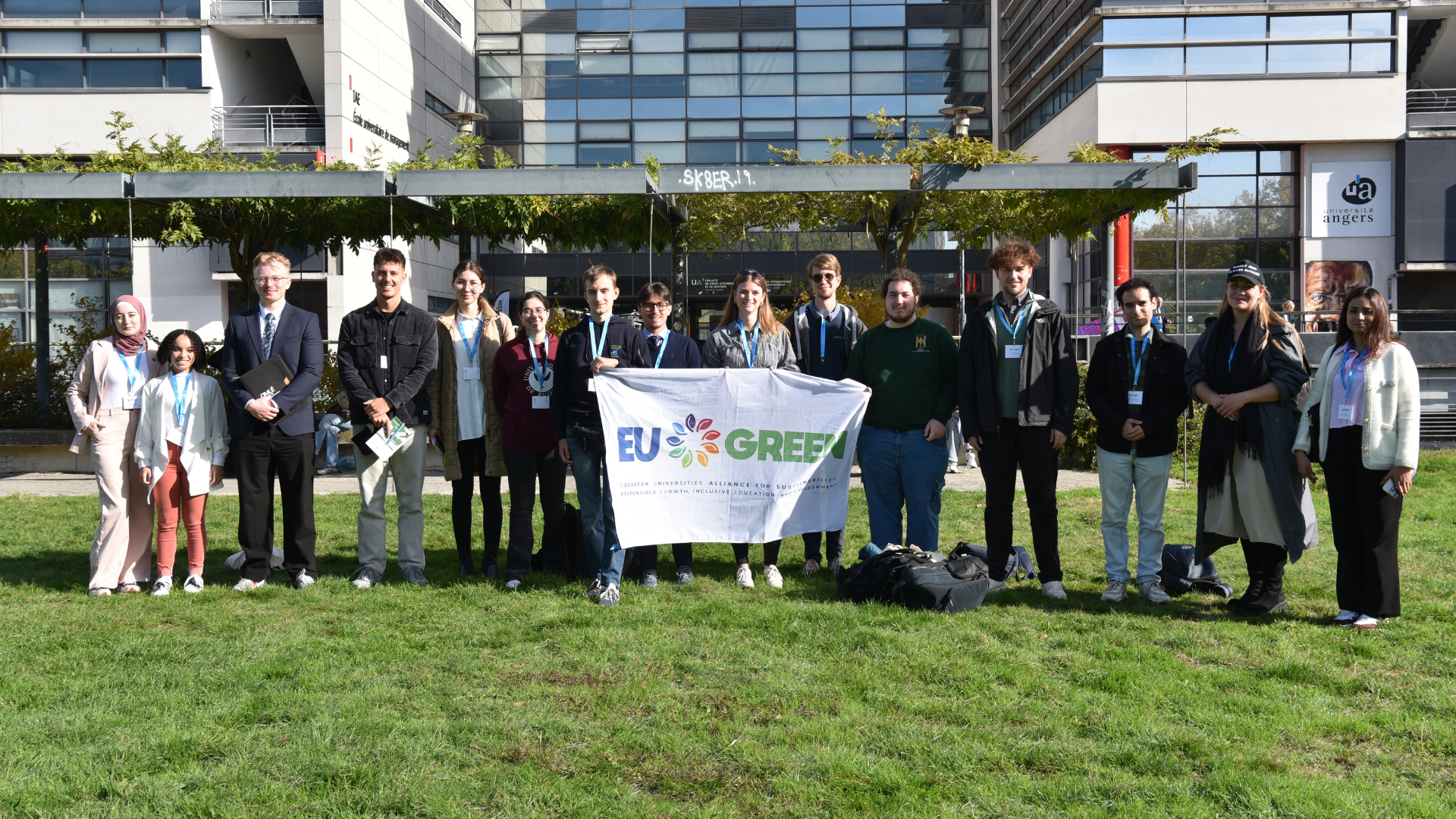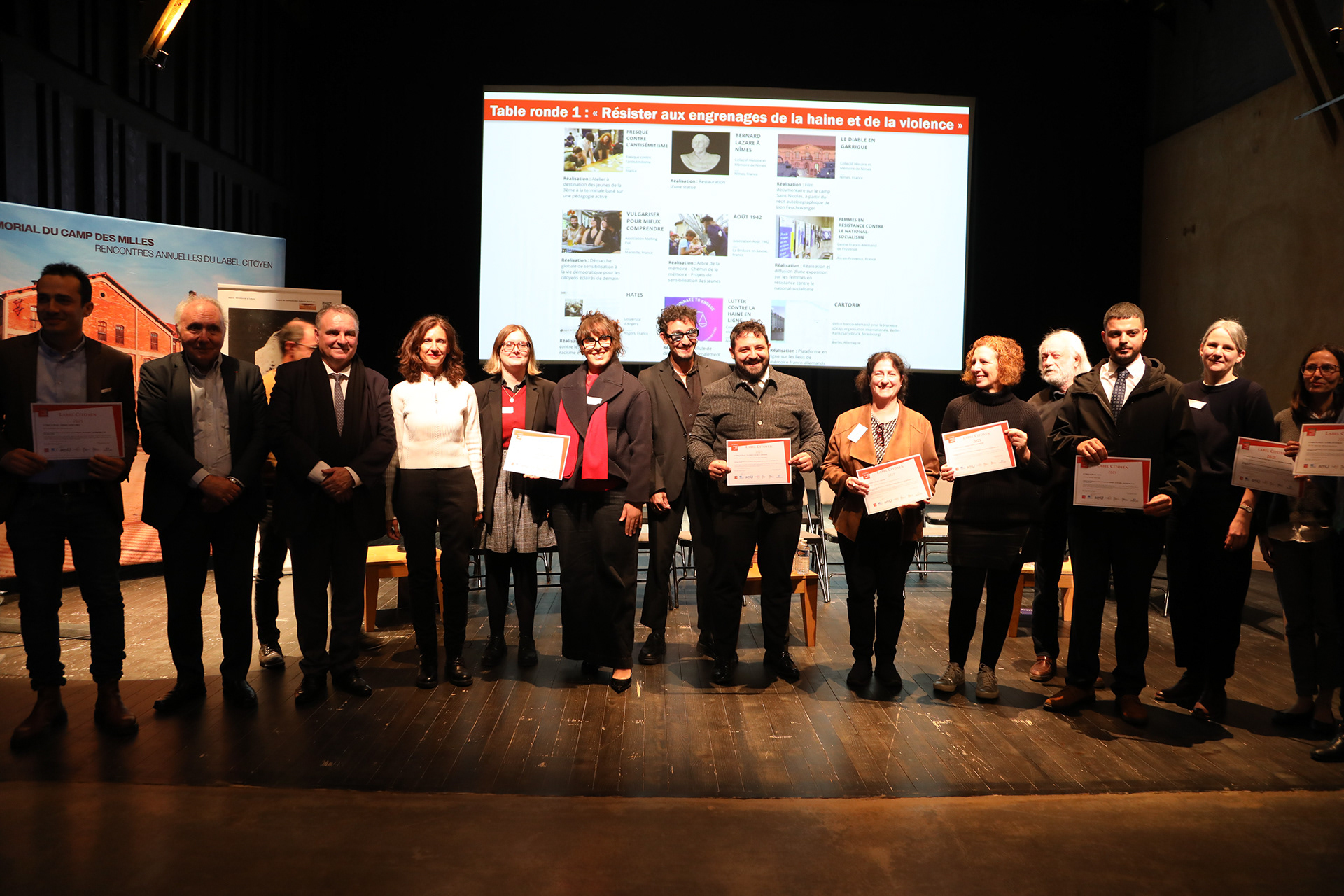Wrocław University of Environmental and Life Sciences (UPWr) has become a dynamic hub for interdisciplinary collaboration this summer, hosting a series of research meetings within the EU GREEN Seed Funding framework. These gatherings supported three key projects — SUSTREM, CDF+, and COOBASED — all centred around a common mission: advancing sustainable research practices across Europe.

These initiatives, supported by EU GREEN, brought together researchers from across partner institutions to strengthen cooperation, share best practices, and work towards submitting joint proposals for upcoming international research calls. Their collective research focuses on biodiversity and environmental remediation in areas affected by historical mining and ore processing, with particular attention to regions burdened by heavy metal and arsenic contamination, as well as the challenge of acid mine drainage.
The first meeting, held on July 2–3 in a hybrid format, gathered participants from all partner universities, alongside invited experts in EU project acquisition and members of the EU GREEN Alliance. Through presentations and focused discussions, teams explored the reclamation of post-mining sites in various geological and climatic contexts — from the Sudetes Mountains to the sulfide zones of the Iberian Peninsula.

The workshops concluded with a shared research direction: the consortium will focus its proposal for the upcoming BiodivERsA+ call (expected in September 2025) on the biodiversity of post-mining habitats, particularly those impacted by high metal concentrations and extreme acidity.
On July 4, the collaboration moved into the field with a research visit to the Sudetes. The group explored former mining sites including the “Colorful Lakes” in Wieściszowice, copper and uranium zones in Miedzianka, and polymetallic and arsenic-rich sites in Radzimowice. The visit enabled direct discussions on environmental risks and habitat diversity, and soil and sediment samples were collected for further study.

After the summer, the teams resumed their collaboration. From 8–9 September, the Institute of Spatial Management at Wrocław University of Environmental and Life Sciences hosted a follow-up meeting within the EU GREEN COOBASED Seed Project. Participants included representatives from the University of Extremadura (Spain), the University of Évora (Portugal), the Atlantic Technological University (Ireland), and – online – the University of Parma (Italy). UPWr was represented by Dr. hab. Magdalena Raftowicz, Prof. UPWr. The outcome of this meeting was the preparation of a project proposal for submission under Horizon Europe, reinforcing the alliance’s dedication to advancing research-based solutions to environmental challenges.
